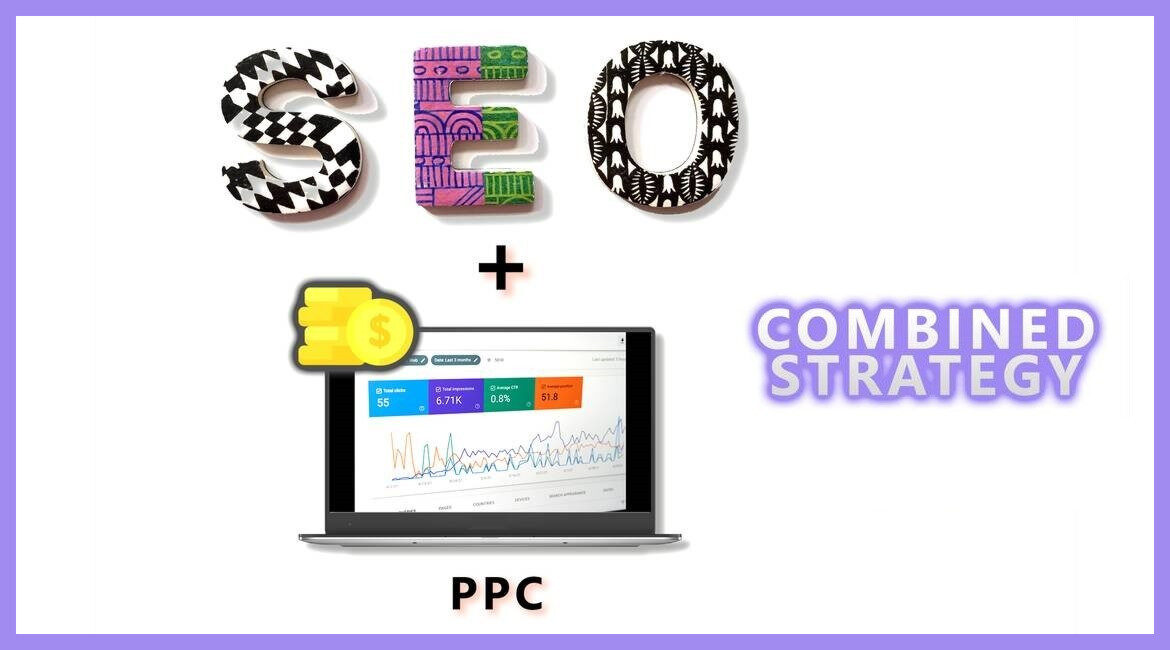SEO and PPC combined strategy benefits
I’m sure many of you should be familiar with Search engine optimization and pay per click marketing strategies – but quick updates are always important.
SEO stands for ‘Search Engine Optimization’ and refers to strategies that can be used to affect the visibility of a website or web page and rankings on search engine results.
These may include on-page SEO (keyword research, targeted content creation and the use of a good SEO meta tag), professional SEO (Site speed, Indexing, mobile friendliness, Crawlability, Security, Site Architecture and Built-in Data) and Off-Site SEO (strategies to enhance the reputation and authority of your site, especially high-quality backlinks).
Let’s discuss about pros and cons of seo and ppc.
PPC Overview:
In PPC, advertisers pay money each time one of their ads is clicked, but they are rewarded according to the page rank. where advertisers pay money each time one of their ads is clicked, but they are rewarded according to the page rank. Types of PPC marketing include Search Advertising, Display Advertising, Social Media Advertising, Re-Marketing, Seasonal Marketing and Google Shopping.
The main difference between PPC and SEO, these two non-profit marketing channels brings in organic traffic, whereas PPC is a paid strategy. Advertisers pay everyone who clicks on your PPC ad and SEO-generated clicks are free, driving organic traffic to your site.
Unlike SEO, PPC brings faster results. As soon as your ads come to life; opportunities to see your business when you search for keywords you wish to do.
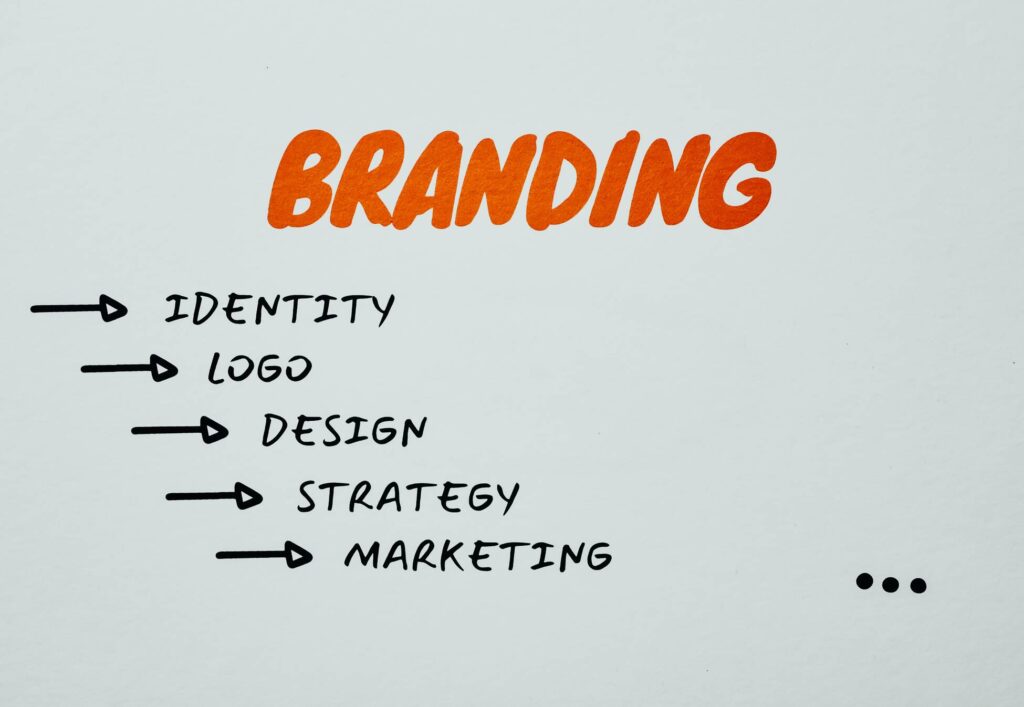
8 Benefits of an Integrated Strategy
1. A complete overview of the marketing activity and shared information
Shared ideas should work to increase confidence and awareness by having a strong natural and paid view. Through the reporting of various channels, advertisers will be able to gather a more complete view of their digital advertising operations than ever before.
Observing how users react to both your live listing and PPC ads will not only provide you with information about customer behaviour, interaction, and conversions, but also help you understand what channels and strategies they should focus on.
With this understanding, advertisers can also use copy from successful paid search ads in meta headers or they can set up keywords ranked naturally by default (while investing that budget with competing keywords).
2. Increased online visibility
Combining SEO with PPC provides better online exposure and enhances search visibility. This will not only increase website traffic, but also help establish a strong product presence in the market.
When it comes to benefits of paid ads from local listings, advertisers can double the presence of their site’s search engine page (SERP) and SEO teams can build on this continuously by helping to rate content on natural text results.
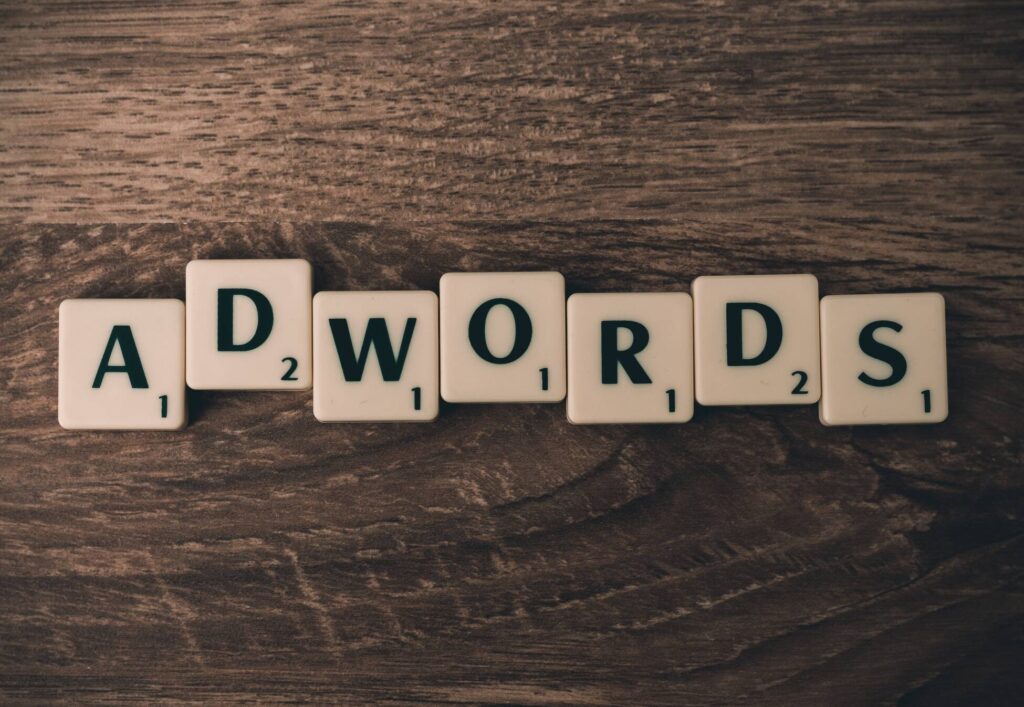
3. Landing page upgrade = Cheap cost per click
If marketers use PPC and SEO data to prepare landing pages, prediction page information will also be improved. Having a good user experience forecast page raises sites at Google level by improving quality scores and thus, has resulted in cheaper costs per click.
4. Client adherence
Managing multiple channels under one roof makes it easier for the client to stay with the product, as PPC and SEO teams will have the necessary lines of communication to successfully develop and will not compete or try to blame. As mentioned, shared reporting can also make the task of showing client value easier and simpler.
5. Cost by saving each lead
The total amount of traffic can be increased by targeting paid and live clicks on keywords that work best. Expensive keywords, high volume or low conversion (currently still important) keywords can be moved from PPC to organic search (and thus, free).
6. Increased reliability of the product
Having a high Google rating is the key to fix confidence in your product, and a well-organized SEO and PPC approach will help you improve if you download the right content. People shop on websites they trust.
When they see your paid search ads at the top of the page and your live list below, they know you are a loyal player. If users cannot find companies online easily, they will be careful, and consumers may trust the products they see on Google’s homepage.
7. Better identification and testing
By using PPC, you will be able to target users at all stages of the customer journey – from research to comparison shopping, with marketing keywords.
You can also test your keyword seo strategy on PPC before committing to long-term SEO marketing strategies and you can do A / B testing of ad copy and prediction pages to get the most effective ads. This can be added to your list of biographies and landing pages.
8. Re-marketing
Re-marketing allows you to stay in front of visitors after first contact with a natural search and customize messages about their connection to your site.
How is the beneficial integrated SEO and PPC strategy developed?
Reporting: By linking the Google Search Console to Google Ads, advertisers will be empowered by reporting various channels. This will allow reports to provide additional information on how different search terms work in both channels.
By using integrated reports, it is easy to see where your advertising works and what it does. If a PPC ad or campaign is very effective, you can take the text from the ad and place it in meta headings or descriptions on your site. This will help convert paid keyword traffic into organic traffic, thus saving you money and improving your Google ranking.
Site setup: By joining PPC and in-house SEO search groups, a truly integrated strategy will help make it easier to communicate and share data between groups. Next, this should mean that you are able to improve your site in order to improve product presence and increase engagement.
You can upgrade your site to ensure that your copy directly answers common users’ questions and ensure good user experience by ensuring that your site is up and running fast and so on.
SEO is the foundation of any successful organic marketing strategy. It is important that in developing your SEO strategy, you keep the needs and requirements of your client in mind and improve for the most engaged users. SEO provides high conversion rates and free traffic for the product page or site.
Once you have found the basics of SEO, PPC can help you build on this strategy by increasing visibility and producing leads based on targeted audiences.
PPC Setup: One of the benefits of PPC is that PPC quality schools define the quality of your ads, based on user behaviour. With high quality points, Google lowers the cost of each click on your ad. It is in the interest of PPC advertisers to direct users to advanced SEO landing pages.
How is a combined SEO and PPC strategy will work?
If we are thinking about how SEO and AdWords work together then following points are the answer. By using combined reports, it is easier to see where your advertising is good performing and were not.
If an PPC ad or campaign really well going on, you can be able to pick the text stuff from the advert and by putting it into descriptions or meta titles on your site.
This will greatly help for the conversion of paid keywords into organic traffic. Thereby saving your cost as well as improving your Google ranking.
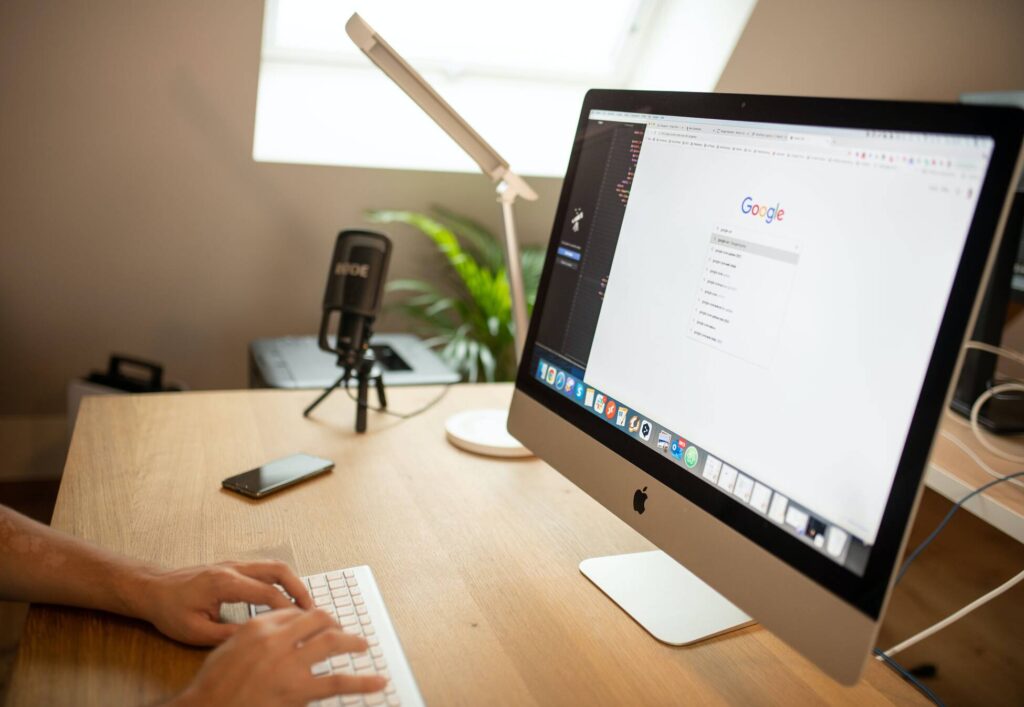
Site optimization:
By joining up PPC and SEO search teams in-house, as we do at Kingpin, a truly combined strategy will help to facilitate communication and data-sharing between teams. This mean that you are now able to optimize your website for improved brand presence and for getting more engagements.
You can optimize your site to ensure your copy directly answers common user queries and ensure a good user experience by making sure your site runs well with fast loading times etc.
You cannot make any organic marketing strategy without SEO as SEO is base for it. When you develop your SEO strategy, it’s very difficult to keep in mind the clients’ requirements and needs. SEO offers high conversion rates and free organic traffic.
Once you’ve reached up to SEO foundations, you can build this strategy by the help of PPC by generating leads and increasing visibility.
PPC Optimization:
PPC quality scores describe the quality of your ads, based on user behaviour. If your scores are very high, Google will cut the cost per click on your ad. It is in the interest of PPC advertisers to be directing users to good SEO optimized landing pages, and therefore, a combined strategy can be hugely effective.
This might influence for example, which key words are selected or will allow marketers to optimize copy and re-use copy from the best performing ads in page titles and description. groups can be very effective.
This may influence, for example, what keywords are selected or will allow advertisers to improve copy and reuse copy from the ads that perform best on the titles and description of the pages.
Following are the SEO VS PPC statistics
SEO Marketing Statistics
- Google currently occupied 85% of the search engine market.
- On the first page only, the first five natural results account for 67.6% of all clicks.
- Google’s search algorithm uses more than 200 features to measure websites.
- 16-20% of all new Google search results for the year.
- 49% of marketers report that natural search has the best ROI for any marketing channel.
- SEO can reduce customer acquisition costs by 87.41% on average compared to digital marketing.
- 70% of marketers see SEO as better than PPC.
- 75% of advertisers feel that their SEO strategies are ‘extremely effective’ or ‘very effective’ in helping them achieve their marketing goals.
- Maximum content length position Google article contains 1,447 words.
General stats about PPC advertising
- Over 7 million advertisers invested total of $10.01 billion for PPC ads in 2021.
- Traffic obtained through PPC advertising resulting 50% more conversions than organically advertising campaign.
- In 2021, 62% of marketers stated they will increase their PPC budgets for the following year.
- 79% of marketers say PPC is hugely beneficial for their business.
- out of 100, 97 per cent of customers use the internet in order to search for local business.
- 65 out of 100 people click on ads when they decided to something purchase.
- Around 40% of businesses keen interested to increase their PPC budget.
- In 2021, approximately 25.8% of global internet users were using ad blockers.
- 92% of online paid ads go unnoticed by users.
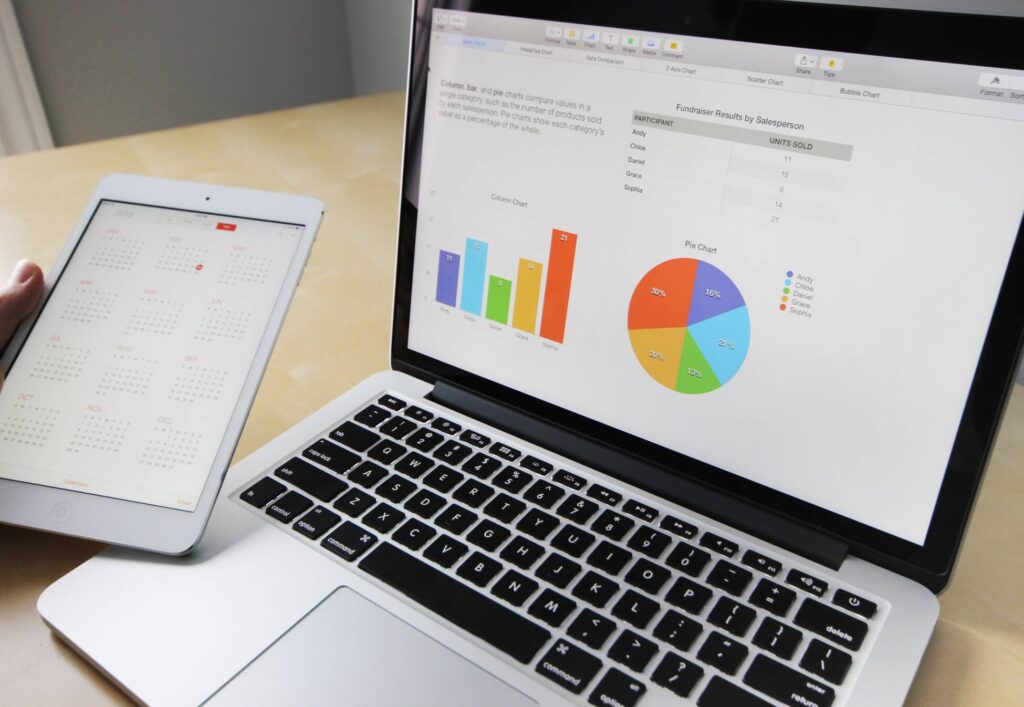
As Digital Marketing Agency, we also provide Digital Marketing & SEO Services for your website, please check them out.
Frequently asked questions (FAQ’s):
1. Do people really click PPC online ads?
Yes! Ads from search results get over 45% of page clicks.
Even better, people who click on ads are twice as likely to buy a product or service than a live visitor, or someone who visits your site without clicking an ad. With PPC ads, you can reach potential buyers, which can quickly affect your sales numbers. Not to mention that PPC ads also bring a median return on investment (ROI) of $ 2 for every $ 1 invested.
When you advertise with Google Ads, that price goes up to $ 8. People not only click on online ads but also take action on them, like shopping.
2. How much does a PPC ad campaign cost?
PPC ad campaign prices vary by business, industry, and strategy. The average, however, is $ 9000 to $ 10,000 per month for small to medium-sized companies.
This price range includes your use of ads, as well as additional costs, such as administrative services from the PPC agency.
3. Which one is best PPC ads network?
Ad network is a platform that can convey your ads to targeted users. Formerly Google AdWords now a days Google Ads is the example of ad network.
If you want to create PPC ads, you will use an ad network, such as Google Ads, Facebook, Microsoft Advertising Network, PPC and Microsoft Advertising These ad networks can connect you with different audiences and provide you with different targeting options.
Using Microsoft Advertising, for example, allows you to promote your business across Bing and websites affiliated with Microsoft Advertising.
In comparison, Facebook gives you access to its huge user base.
4. Once I start SEO, how long will it take to get the ranks?
SEO is not overnight strategy. The first few months are devoted to making updates to your site and waiting for search engine spiders to crawl and target changes.
Depending on your website, the amount of work you need, and the frequency of search engine spiders, it usually takes 3-9 months to start seeing new levels. Usually, you must keep in mind the 6-month SEO plan.
5. Is this compulsory to continue with SEO even after gaining good levels?
Gain levels are part of the battle. As search engines are constantly changing and updating their algorithms, your rates can change from one day to the next.
Keeping current standards is as important as finding new ones; it requires continuous research, updates, and testing to keep your URL in the forefront. Quitting SEO after gaining levels will lead to faster ranking losses.
6. Can you validate my status with SEO?
The right SEO agencies cannot guarantee what they can control and recognize any company that claims to be able to. There is no way to know 100% of how the site will be ranked due to the ever-changing search engine status and verification rankings will not be wrong.
Also, beware of companies that claim to have special relationships with Google or that they can ‘pre-submit’ to Google to secure positions. This is completely false and untrue, and Google itself warns of the companies that make these claims.
Have some time? Visit our website or LinkedIn page to know more.

